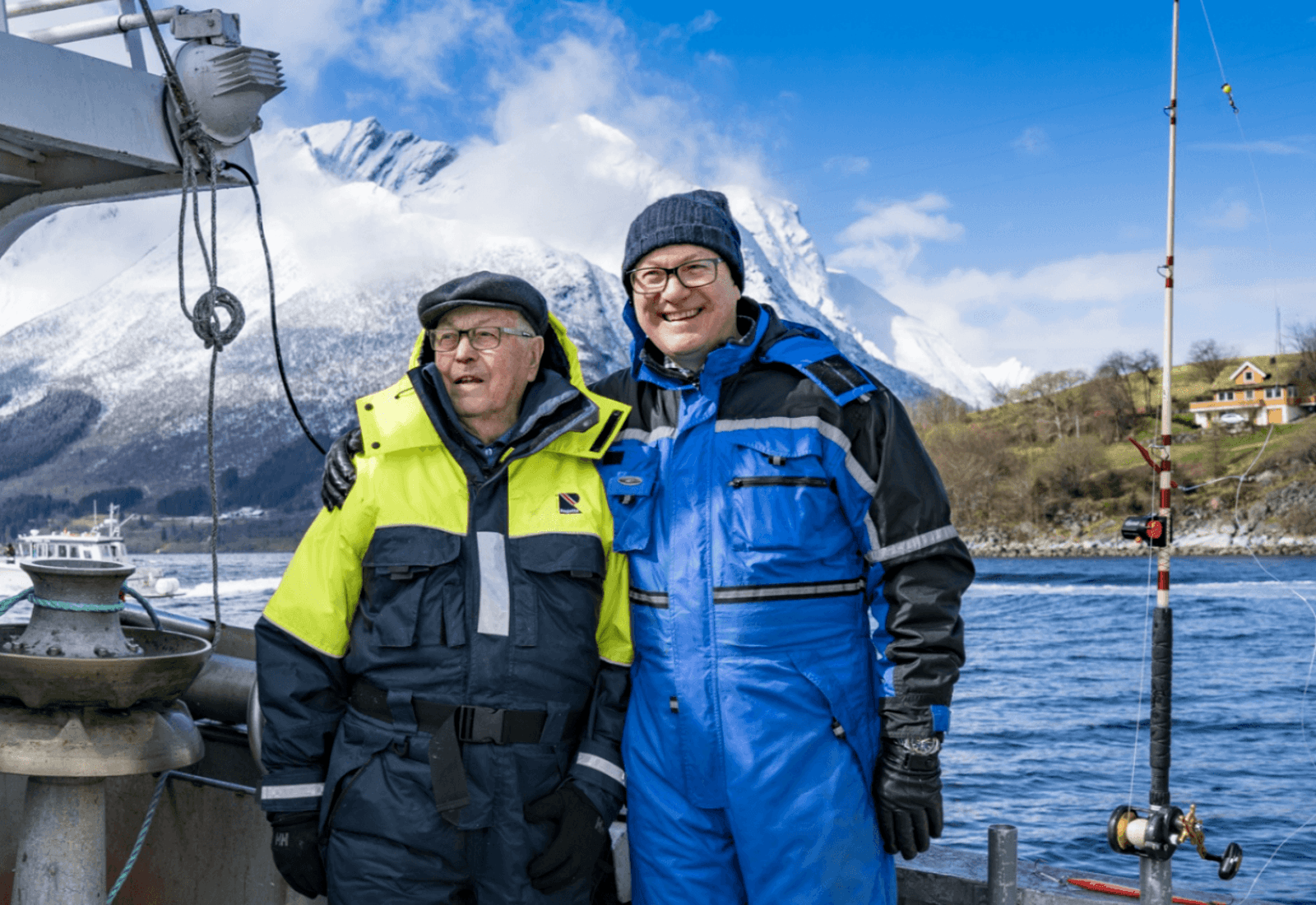
The Catch
“Take only what you need and utilize everything you harvest from nature.”
- Lauritz Gjendemsjø, fisherman by heart and father of Leif Kjetil (founder of CodMarine)
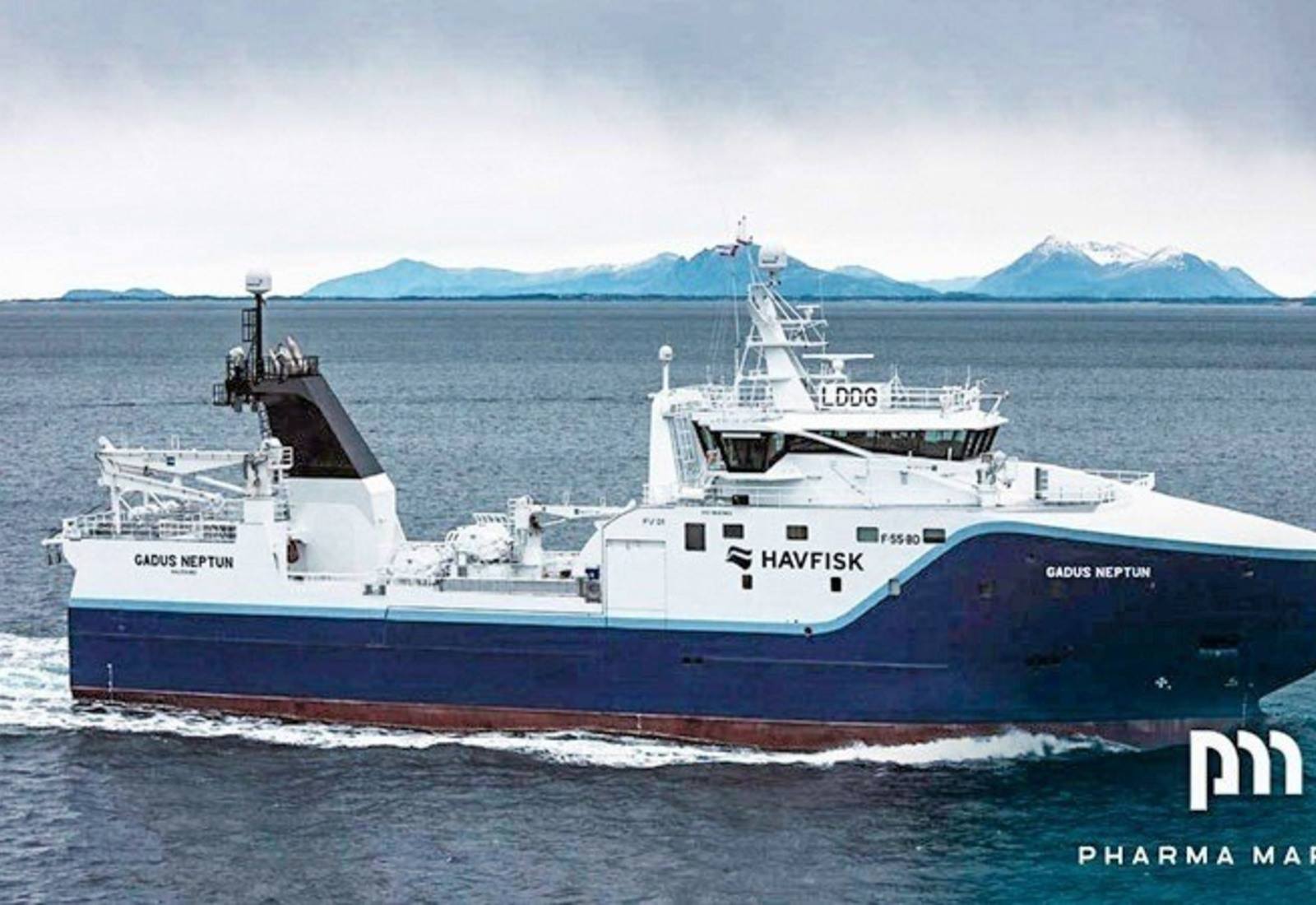
The CodMarine Fleet – Go onboard!
The CodMarine Fleet – We control our own catch!
The Norwegian Cod fishery is one of the best organized and most strictly regulated fish industries in the world, and it has been certified sustainable by the Marine Stewardship Council and the Friend of the Sea organizations.
The producer of CodMarine has exclusive contracts with 7 fishing vessels (the CodMarine® fleet) that are fishing cod in the Barents Sea and are making the crude oil on board the vessels.
All of the CodMarine crude oil comes from the CodMarine® fleet. Within 6 hours after the fish is caught, the fish is divided into what is going to filet production and what is used to make the CodMarine crude oil and fish meal. This makes our CodMarine crude oil one of the freshest crude oils in the world. CodMarine is part of utilizing everything that is harvested from nature – something we are very proud of.
Fun Fact: Most of the vessels belonging to the CodMarine Fleet are family owned; and some of these families have been in the fishing industry for more than 100 years!
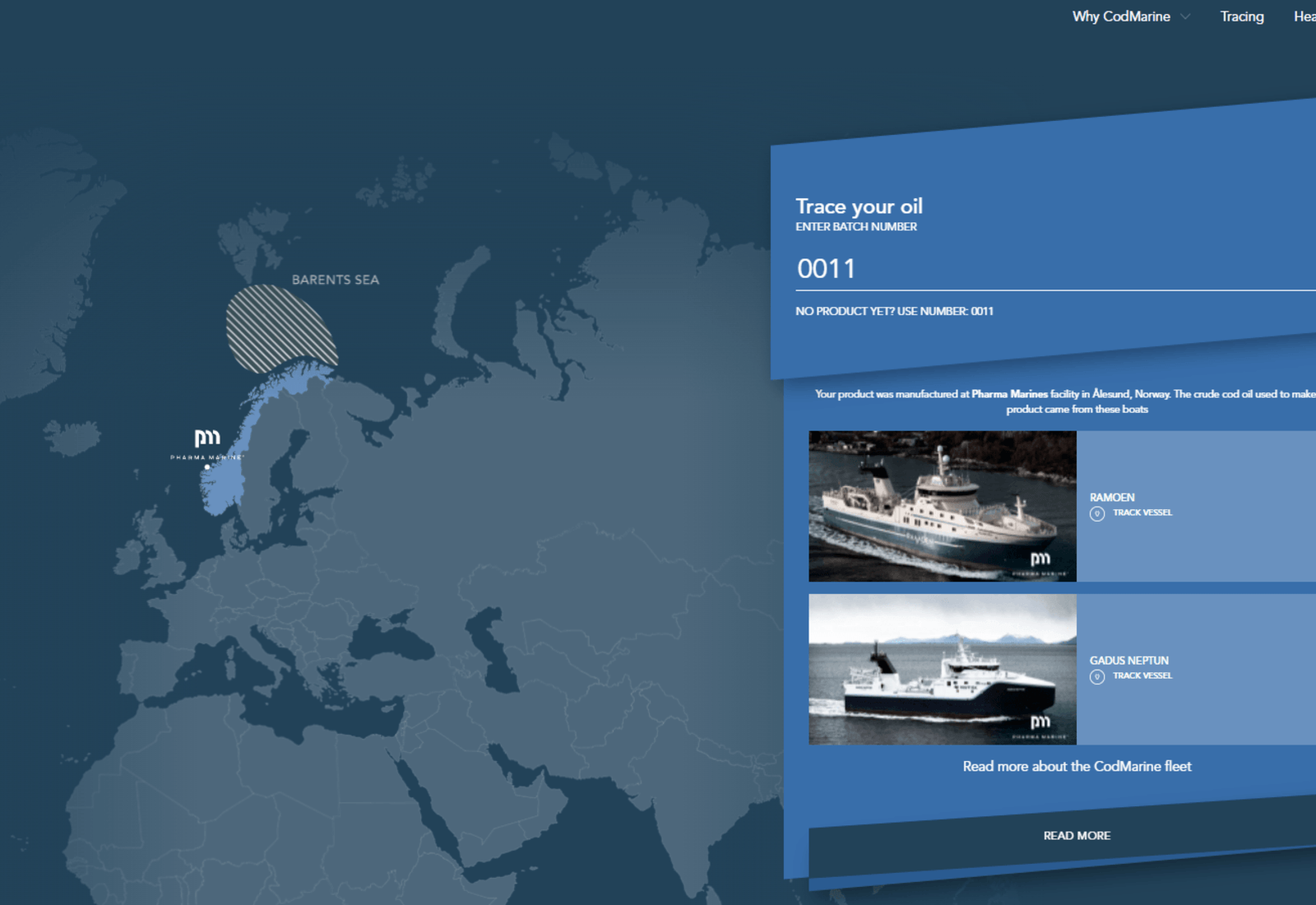
Traceability: Transparency and chain of custody
CodMarine™ is proud to take the lead in this industry by establishing traceability from the consumer product back to the fishing vessels and fishing zones. This is made possible through robust chain of custody all along the supply chain and cooperation between all parties involved in the manufacturing of the products bearing the CodMarine logo.
By using CodMarine’s unique traceability system, you can track the product back to the fishing vessels and fishing zones. The system also makes it possible to see where the boats processing the primary CodMarine® oil is located in real time.
Trace the CodMarine oil in your product here!
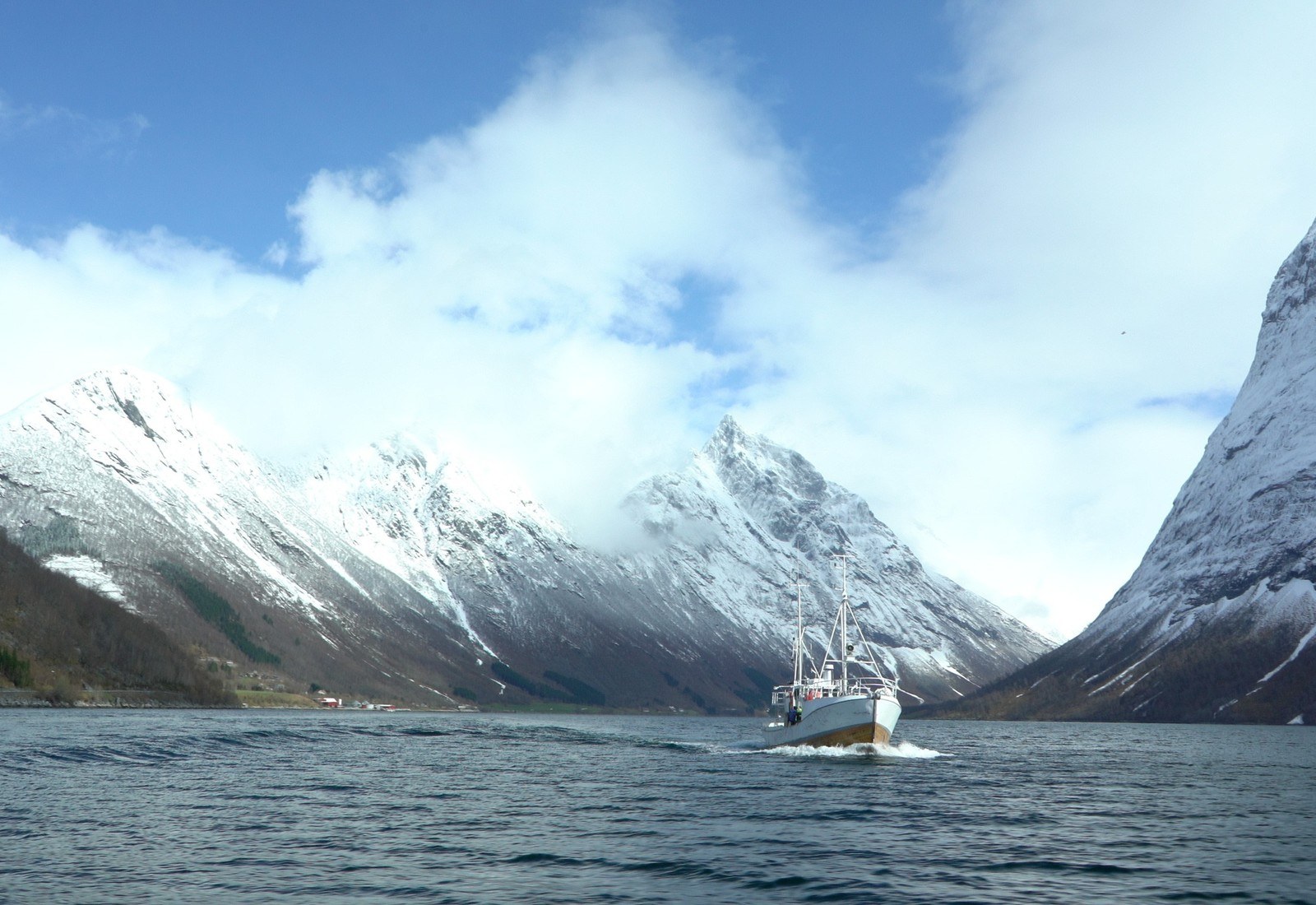
Sustainability – Preserving our natural resources
Norway is a nation with a culture and history that is so inextricably linked to the sea that it views protecting its heritage and maintaining fish stocks as vital for the future. Norwegians have been pioneers in rigorous fisheries management, placing fish, the sea, the people, and the inspiring environment at the very heart of everything they do.
With abundant fish stocks in the clear, cold waters, Norwegians manage the largest and most sustainable cod stocks in the world. By implementing strict fishing quotas, controlling fishing gears and by-catch, Norway is maintaining healthy fish stocks and ensuring that fishing is done in harmony with the environment.
In 1987, Norway introduced a strict ban on discards. This is an important measure as not only is dumping unwanted stock back into the sea a waste of food, it also leads to unrecorded catches and inaccurate statistics, disrupting the basis of scientific assessment.
Today, illegal, unreported, and unregulated fishing for cod is virtually down to zero and the Codmarine Fleet fully support and abide to these fishing regulations. The CodMarine Fleet never take material from unregulated or unsustainable sources!
On top of fully complying with all regulations including the ban on discard, the CodMarine Fleet is pushing the no waste approach a step further by utilizing everything that they harvest. The trimmings, parts of the fish not used for filet productions, are not discarded. They are used to make fresh crude cod oil, the raw material used to produce CodMarine.
As quotas are vital to the sustainability of cod stock, fishermen who exceed their fishing quota are penalised and only receive 20% of the value of the over-quota fish. However, as Norway has a zero-waste policy, all fish that is landed is sold in the market. Excess profit is put back into policing fisheries.

Marine Stewardship Council (MSC)
CodMarine oils are MSC certified, and products made with CodMarine oil can carry the MSC blue logo. But what does this actually mean?
The Marine Stewardship Council is an international non-profit organization. They recognise and reward efforts to protect oceans and safeguard seafood supplies for the future.
The blue MSC label is only applied to products from fisheries that have been certified to the MSC Fisheries Standard, a set of requirements for sustainable fishing. For MSC, sustainable fishing means leaving enough fish in the ocean, respecting habitats, and ensuring people who depend on fishing can maintain their livelihoods.
The sustainability of a fishery can be assessed regardless of its size, geography or the fishing method used. MSC fisheries Standard is a science-based way to measure sustainability. When fisheries are independently assessed to the standard, three main principles are considered:
1. Sustainable fish stocks - Are enough fish left in the ocean? Fishing must be at a level that ensures it can continue indefinitely and the fish population can remain productive and healthy.
2. Minimizing environmental impact - What are the impacts? Fishing activity must be managed carefully so that other species and habitats within the ecosystem remain healthy.
3. Effective fisheries management - Are operations well managed? MSC certified fisheries must comply with relevant laws and be able to adapt to changing environmental circumstances.
The sustainability of a fishery is an ongoing process. After they are MSC certified, fisheries are regularly reassessed, and many are required to make further improvements. Scientific knowledge also improves all the time and fisheries are encouraged to develop new ways of conserving marine resources for future generations.
Fun Fact: Data from MSC is used by the UN Environment Programme and other intergovernmental organizations to track progress towards international goals to end overfishing and protect biodiversity.
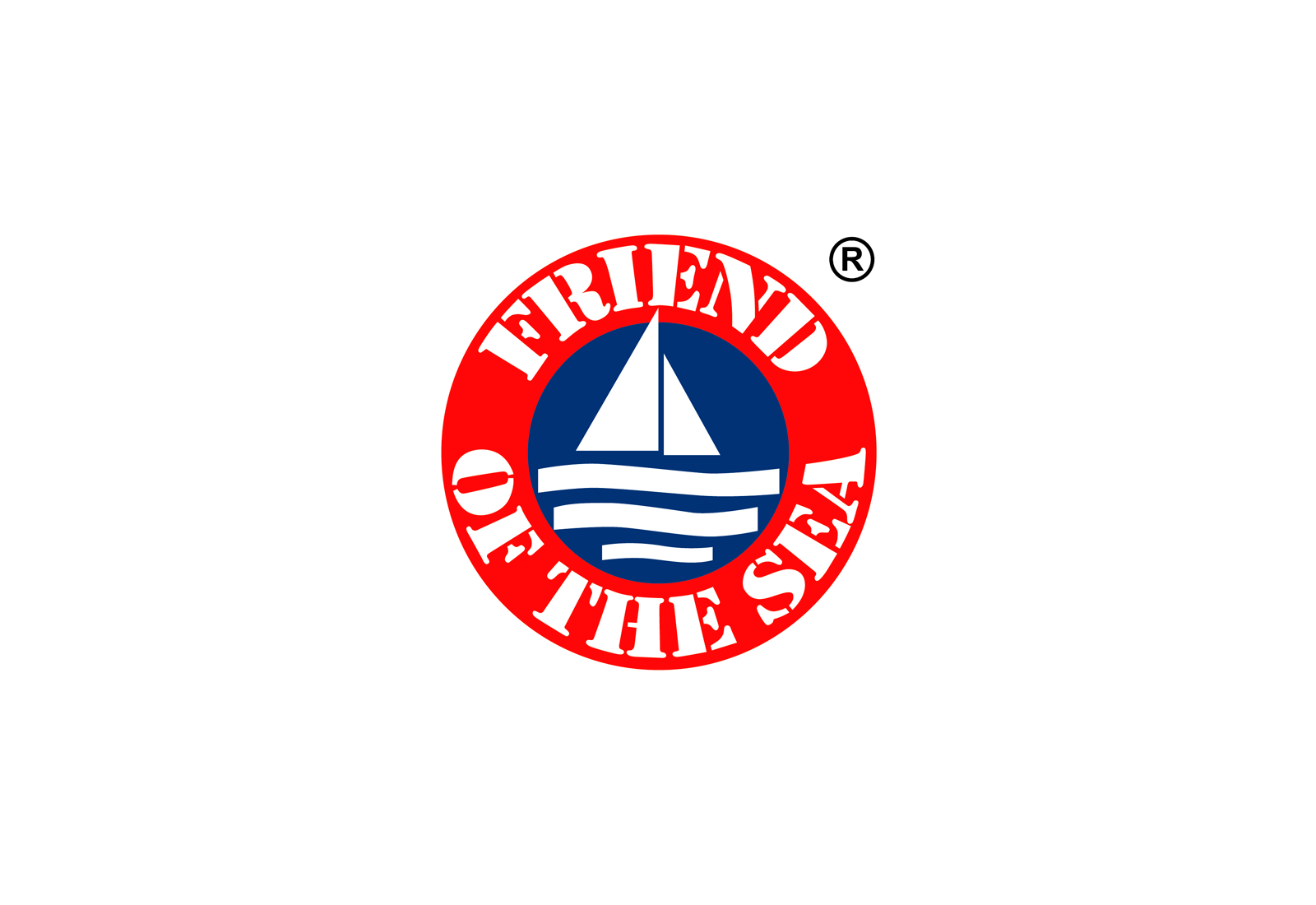
Friend of the Sea (FOS)
CodMarine oils are certified by Friend of the Sea.
Friend of the Sea is a non-profit organization whose mission is the conservation of the marine habitat. It has become a leading sustainable seafood certification standard for products which protects the marine environment.
The Friend of the Sea logo on a product guarantees:
• Its origin from non-overexploited fish resources
• Its origin from selective fishing methods which are not harmful to the seabed
• Respect for the environment in aquaculture facilities
• Compliance with fishing regulations
• Responsible waste and energy management
• Social accountability of the whole production chain
Fun Fact: Friend of the Sea not only monitors that fish stocks are not overfished but makes sure that there is no bycatch of endangered species as well as no impact on the seabed!